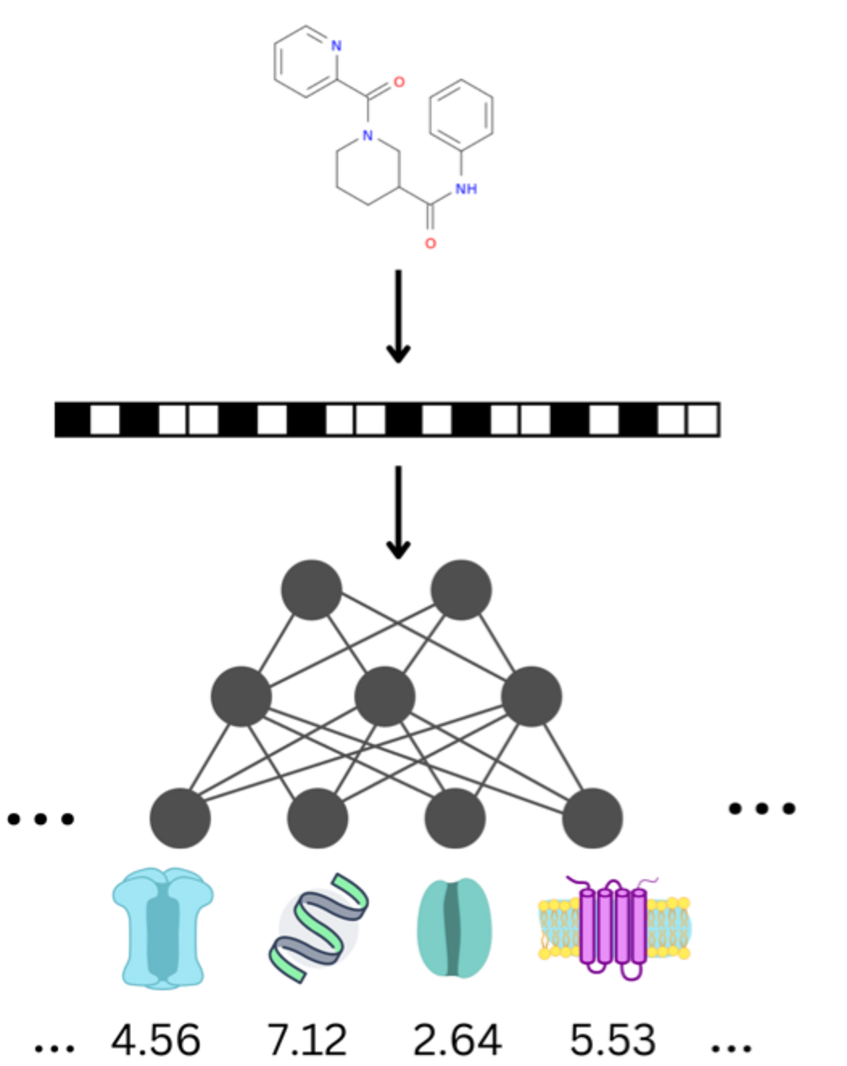
Adverse drug reactions (ADRs) may be the cause of up to 200.000 deaths per year in the EU, with annual costs to society of 80 billion EUR. At the same time, more drugs and, crucially, more combinations of drugs are being prescribed, even though the rate of ADRs increases exponentially once a patient simultaneously takes four or more medications. Since the number of drugs cannot always be reduced, it becomes paramount to detect drug-drug interactions (DDIs) as soon as possible.
We aim to develop an A.I.-based platform able to predict DDIs and warn patients, doctors, and pharmacists if a combination of medications poses the risk of serious ADRs. Depending on a user’s medical knowledge, the platform will provide different levels of information.
For detecting DDIs, we will process a substantial number of reports on ADRs from the FDA database and combine this information with knowledge about the biological activity profiles of drugs from the publicly available ChEMBL database. We will then apply modern deep learning techniques to the data to predict potential DDIs for combinations of drugs and make it possible for experts to extract further information about resulting ADRs.
Technical description:
This project’s goal is to develop a cutting-edge platform that can detect and analyze unwanted interactions between two or more drugs. This will empower patients, health care professionals, and scientists to gain valuable insights and receive warnings regarding the potential risks associated with combining certain medications. The platform is able to process vast amounts of medical and pharmaceutical data, including drug descriptions, chemical structures, pharmacological profiles, and known adverse effects. By leveraging state-of-the-art deep learning techniques, the platform can process this data to identify potential DDIs and predict the likelihood and severity of adverse reactions. The applied learning models are trained on comprehensive datasets, encompassing a wide range of drug-related information, including drug properties, pharmacokinetics, known DDIs, and adverse event reports. The models learn to understand and interpret the complex relationships and patterns within the data, enabling them to provide accurate and reliable predictions about potential interactions.
Cooperation:
This project is a cooperation between Robimo GmbH (lead partner) and the Pharmacoinformatics Research Group and is funded by the Vienna Business Agency (Call Tech4People 2023).

